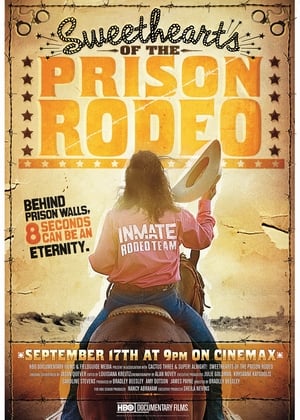
He’s trying to make sense of a life gone wrong - a life only complicated, not helped, by wealth and success - his sweet, plaintive vocal augmented by his own piano playing as well as McGuinn’s banjo, Green’s pedal steel, and Hartford’s fiddle.

Parsons coauthored the song with his former International Submarine Band member Bob Buchanan and sings every line as if he were utterly homesick, perhaps for a home that no longer even exists. “Hickory Wind,” Parsons’ greatest recording, opens side two. Parsons makes his lead vocal debut as a Byrd with a solid cover of the obscure honky tonk, tear-in-my-beer song “You’re Still On My Mind.” McGuinn then returns to his folk roots with a version of Woody Guthrie’s “Pretty Boy Floyd,”a glorification of a gangster and includes the classic couplet: “As through this world you travel, you'll meet some funny men / Some will rob you with a six-gun, and some with a fountain pen.” Unlike previous folk endeavors by The Byrds, this one has almost a bluegrass feel with Hartford playing banjo and fiddle, and Hillman adding mandolin. Next, McGuinn switches gears and gives William Bell’s soul ballad “You Don’t Miss Your Water” the country treatment, singing the heartbreaking lines of lost love with harmonizing by what sounds to be Hillman and Parsons, a crying pedal steel adding to the melancholy mood. It includes only one minor repeated guitar run and the rest of it is reminiscent of Dylan’s uninspired folk-strumming of “The Times They Are A-Changin’ ” days.Back in 1959, country music stars The Louvin Brothers released the gospel album “Satan Is Real,” which features the “The Christian Life,” a first-person account of a man who turns to Jesus and sings with pride that he “likes the Christian life.” Over pedal steel and twangy electric guitar fills by Clarence White, McGuinn sings the song as if in church, not a single hint of irony in his voice or the band’s playing. The dedication to simplicity is reflected best on “I Am A Pilgrim,” a really sweet song rearranged by Roger (Jim) McGuinn and Chris Hillman. The other Dylan-penned track, “Nothing Was Delivered,” starts out innocently enough with steel guitar backing, but following the first “are-you-true-to-me” verse it breaks into a rock chorus worthy of Sonny and Cher, It’s plain enough otherwise, and does the job. The Byrds are gallant interpreters of his lyrics - “My Back Pages” was probably their most genuine effort.


With “I’ll Be Your Baby Tonight” he proved he could master any Folk or Rock idiom, and with “Nowhere” - he’s identified himself as a valid songwriter in a medium that he’d apparently spurned long ago. (Even Johnny Cash will sound a little silly singing it.)ĭylan has found his corner of C&W to relax in. Buck Owens or Charlie Pride would never refer to Genghis Khan in a song. But its really more standard Bob Dylan than standard C&W. “You Ain’t Goin’ Nowhere” is the finest cut they’ve done since “Old John Robertson” on the Notorious album. But what we’re confronted with at the moment is the current product.Ĭhris Hillman on the Flying Burrito Brothers, Gram Parsons and the End of the Sixties From straight, unamplified Folk, to Folk-Rock, to Rock, to Acid-Rock to semi-C&W-Rock, to affectedly-straight C&W - the next step appears all too obvious. The Yin-Yang cycle of the musical flow continues to hold true. In light of the former faux-pas, it is suggested that no purist C&W fans listen to Sweetheart Of The Rodeo, the Byrds’ latest transition. Not only were they put down severely at first by Sing Out! and Broadside, the Bibles of the Guthrie generations, but to some, like Randy Sparks, former leader of the New Christy Minstrels and Back Porch Majority, what they were singing (as ascribed to McGuire’s “Eve Of Destruction”) was “fodder for the communists.” Folk-Rock, such as it was, made the “Folks” uptight. What Barry McGuire, Jody Miller and the Byrds were doing was sacrilegious to the hard-core Folkies. Tambourine Man’ (which they had just recorded) gets through to the kids it’ll have been worth it.” The Byrds had all been Folkies and their subscription to Dylan’s new method of “getting the message across” (something Dylan himself denied trying to do) was of no little significance. The Byrds, during the not-so-Great Folk-Rock controversy, attempted to qualify their own individual transition by saying: “If only one line of ‘Mr.


 0 kommentar(er)
0 kommentar(er)
